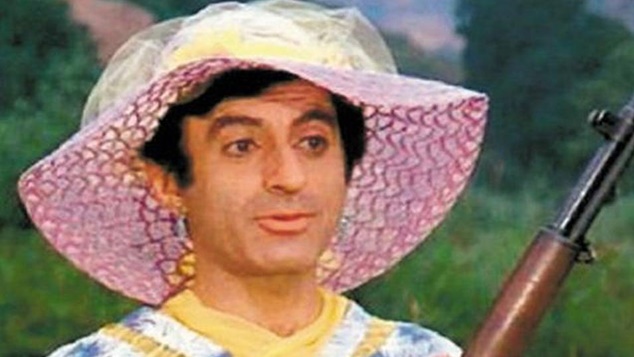On this day in 1972 the TV series M*A*S*H made its debut
The story of the 4077 Mobile Army Surgical Hospital is best known from the long running television series that began on this day in 1972. It’s ensemble cast included the character of Corporal Klinger, who constantly tried to get out of the army by dressing in women’s clothes.
The story first began as a novel written by Rochard Hooker, the pen name of former military surgeon H. Richard Hornherger, who drew upon his own experiences of being drafted into the Korean War following his graduation from medical school.
In 1970 it was adapted into a feature film by Director Robert Altman, going on to win Best Picture at the Academy Awards and the Palme D’Or at the Cannes Film Festival.
While the story is set during the Korean War which ran from 1950 to 1953, it is seen as a comment on the Vietnam War which was in progress at the time the book and film were released.

Only one of the actors from the film made the transition to the television version, Gary Burghoff played Corporal Water Euguene ‘Radar” O’Reilly is both.
For the TV series new actors were cast in the main roles including Alan Alda as ‘Hawkeye’ Pierce, Wayne Rogers as ‘Trapper’ John McIntyre, McLean Stevenson as Lieutenant Colonel Henry Blake, Larry Linville as Major Frank Burns and Loretta Switt as head nurse Major Margaret ‘Hot Lips’ Houlihan.
Soon the series was needing additional characters and in the fourth episode the world met Corporal Maxwell Klinger, who desperately tries to get out of the army by wearing women’s clothes.
At first actor Jamie Farr was only booked for a single episode, but he made such an impression he was brought back for more appearances, by the time the fourth series rolled around he’d been promoted to being a main cast member.
Originally the character was written as an effeminate gay man, but Farr persuaded the producers that a heterosexual man claiming to have propensity for wearing women’s clothing would be far more interesting.
It’s never explained where Klinger manages to get his outlandish outfits from, but over the series he appeared as Dorothy from the Wizard of Oz, Scarlett O’Hara, a Nun, a flapper, Snow White and many more.
It could be argued that the writers were making fun of people who did not conform with gender norms, but equally it has been suggested that the character broke down a lot of barriers as well.
In the later series of the show the character abandoned his efforts to get a discharge. In the show’s finale Klinger found love with a local Korean girl and decided to remain in the Korea after the war ended.
In his book Conduct Unbecoming: Gay and Lesbians in the U.S. Military investigative author Randy Shilts found that during both the Korean War and the Vietnam War the number of soldiers being discharged because they were homosexual dropped significantly. Once each war was over the numbers increased again.
When US President Barack Obama lifted the ban on transgender people serving in the military some conservative writers, who were arguing against the move, lamented that it had all begun with the arrival of Corporal Kilinger back in 1972.





